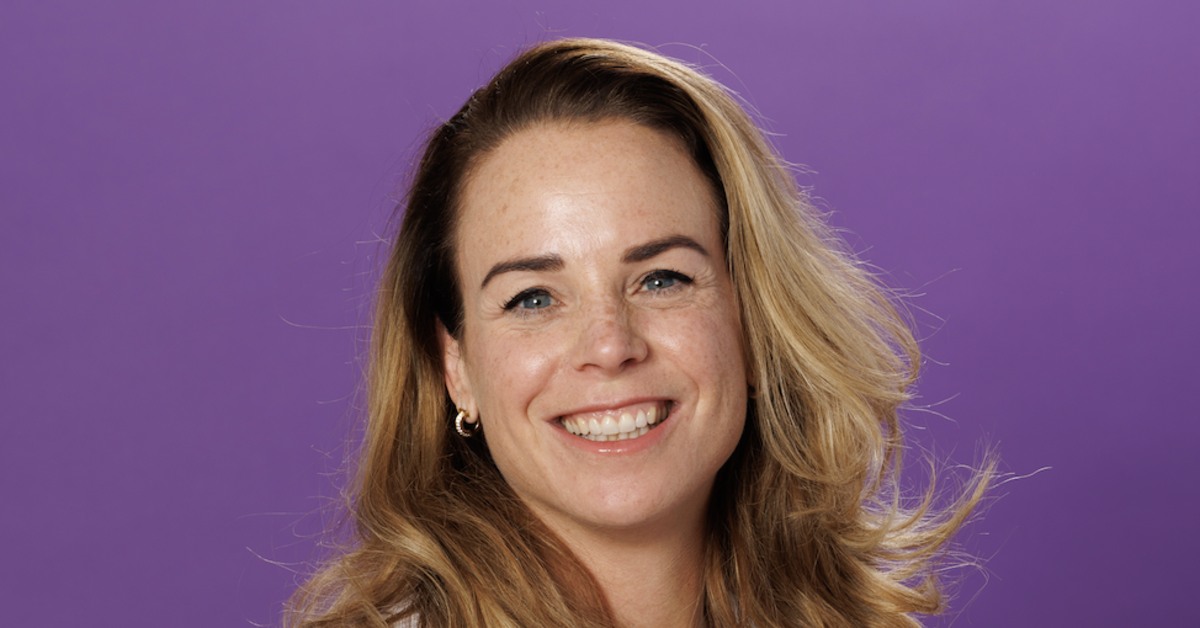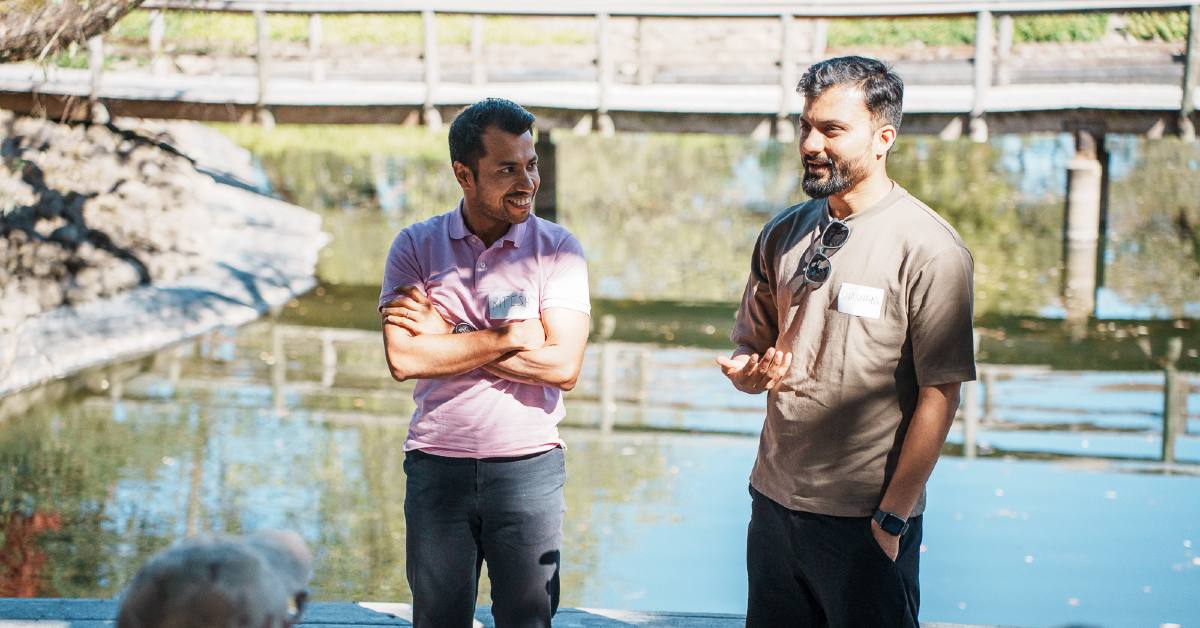Due to the pandemic, activities such as eating out, watching a movie and other communal experiences won’t be the same. Fitness-centric people who either operate a gym or work out at one were, for the most part of 2020, out of action due to lockdowns. At such turbulent times, Amsterdam-based startup Virtuagym came to the fitness community’s rescue with its PRO+ app, which enables gym and studio operators to generate revenue while being closed and upon reopening,
In a conversation with Silicon Canals, the company’s CEO and co-founder Hugo Braam tells us more about the startup, the challenges it faced and more.
Virtuagym: A digital online fitness experience
Even with the pandemic and lockdowns in place, people needed a way to stay fit and exercise. Virtuagym announced its Pro+ solution a while back, which opens up an alternate path for gym and studio owners to generate revenue. PRO+ offers a wide range of content, which includes weekly community group updates on training, nutrition, and wellness. There are over 200 virtual trainer workouts, 1000+ licensed workout videos, a library of audio meditations, and monthly prize challenge to keep users motivated, claims the company.
The inspiration to start up Virtuagym struck the co-founding brothers Paul and Hugo Braam over ten years ago. “Growing up together, my brother and I made games when we were younger and figured a business together would be great. We soon realised that technology was driving change in many markets, but not so much the fitness industry. There was an opportunity for developing technology that helps people live a more active, healthy lifestyle. With over 7,500 business customers and more than 15 million end-users, Virtuagym has become a leading player in the B2B fitness technology space,” says Hugo Braam.
Crossing the Atlantic
Virtuagym also offers its services overseas in the US. Expanding a startup overseas comes with its own set of challenges. As per Braam, it was a challenging adventure, and that success comes to those who persist.
“Sometimes, companies effortlessly scale a solution worldwide. However, cultural differences and slightly different product or service needs result in notable relearning since home market strategies may not apply overseas,” says Braam. “It is also challenging, especially when your company is simultaneously scaling-up in Europe. Several years later, we’re observing traction in the US, with 30-40 per cent of new business originating from the new market. So, it has been worth the effort!”
Every startup faces some initial hiccups, and this was also the case for Virtuagym. The company had to figure out how to offer a solution that people will willingly pay for. “Starting out, we didn’t know gym owners and fitness enthusiasts would be our customers. We simply proceeded with a grand vision of including exercise coaching with nutrition, challenges, a community, gamification, trainer interface, etc. However, it was very difficult to sell a subscription to end-users for a digital-only service at the start. After pivoting to the B2B fitness space, we observed better traction, even though it took us 3.5 years before generating any revenue,” notes Braam.
The pandemic and the future
The pandemic deeply affected all outdoor group activities, going to the gym being one of them. For Virtuagym, it posed a mixed effect. “With the majority of our customer base being in the fitness industry, we were heavily impacted by the pandemic. However, at the same time, demand for our digital coaching tools surged as our technology suddenly paved the way for our customers to continue offering services while generating revenue.”
“Overall, it’s been a challenging year. Especially because a multi-million bank loan fell through for us due to the outbreak and we had to let go of a significant part of our team last March. However, despite everything, we’ve been able to grow as COVID sped up the digital transformation in the fitness industry. I believe our future looks really bright,” Braam remarks.
Braam also shares the revenue projections for Virtuagym. He notes that if the company gets a new funding round in place, and the COVID situation is under control by mid-2021, they can grow by 30 to 40 per cent in the next 12 months. Currently, the company has about 200 full-time employees, of which 70 per cent work from their Amsterdam headquarters. Braam says that the startup is not expanding its team aggressively right now, at least not until they secure new funds for accelerating their growth.










01
From telecom veteran to Dutch Startup Visa success: The Jignesh Dave story